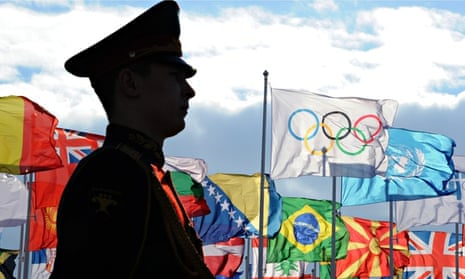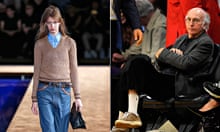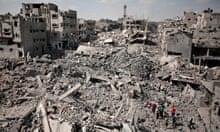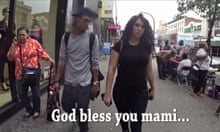The Winter Olympics in Sochi were meant to be the culmination of Vladimir Putin’s 14 years in charge of Russia; a sign that the country was able to host major world events, and the chance to create a world-class winter resort hub. In the end, the games were overshadowed by subsequent events in Ukraine, and Sochi itself was given a major makeover, but the alleged huge corruption involved in the construction and the “white elephant” nature of many of the stadia has left locals wondering if it was worth it.
That the games themselves went off more or less successfully was beyond dispute. The venues were impressive, even if the Olympic park lacked atmosphere, and the worries about excessive security proved unfounded. Dressing up the notoriously unhelpful and over-zealous Russian police in purple tracksuits worked a treat psychologically, and security procedures were on the whole unobtrusive.
Few athletes who made it to Sochi wanted to make an issue of Russia’s laws banning “homosexual propaganda”, and the games came and went largely without the issue coming up. It transpired that Sochi’s only gay club, far from being closed down by authorities ahead of the games, had been given preferential treatment by the mayor, who wanted to make sure it stayed open at all costs, to receive western journalists and gay athletes during the games and dispel the accusations of homophobia. The club, which features drag acts and is also popular among straight locals, remains open.
Russia was furious that western media made such a big issue of the fact that many of the hotels were not finished on time – journalists arrived to find the doors to their rooms being attached, or rooms with no heating, internet or phone reception.
Whatever the successes and pitfalls of Sochi, the Winter Olympics seem destined to be a mere footnote in the history books when people look back in years to come at 2014 in Russia. The games were eclipsed by events in neighbouring Ukraine: at the opening ceremony, Viktor Yanukovych was there draped in a Ukrainian flag, by the closing ceremony he had been deposed after snipers had killed more than 100 people in Kiev. Within a month, Russia had annexed Crimea, and any international goodwill accrued by the Olympics was vaporised and then some, as Russia and the west entered their frostiest period of relations since the end of the cold war.
Many Russian officials believed there was an organised campaign to discredit Russia over Sochi, and the lack of world leaders who travelled to the games was also seen as an obnoxious snub to Russia and Putin. More than one Russian official has suggested privately that if the reaction to Sochi had been different, Putin may have taken a less uncompromising line in Crimea and Ukraine.
When the Olympics left town, the next big showpiece event was meant to be the G8 summit in June, which would have seen Barack Obama and other world leaders travel to the Black Sea resort. Putin’s dacha is nearby, and he has hosted world leaders in Sochi for years, but holding the summit was meant to cement the city on the diplomatic as well as the sporting map. With the annexation of Crimea, however, Russia was kicked out of the G8, and the summit did not take place, and instead of G8 the town made do with F1, as the first Russian Formula One race was held in a newly built track in October.
Environmentalist Evgeny Vitishko remains behind bars, ostensibly for spray-painting a fence, though rights activists believe the three-year sentence he received was aimed at shutting him up before the Olympics and deterring others from protesting. Vitishko and a small, hardy band of colleagues had documented environmental abuses and official corruption in the run-up to the games. There has been no real investigation into the extraordinarily high costs behind the most expensive Olympics ever (most estimates are around the $50bn mark), which was widely believed to be down to corruption.
The main feeling for residents and visitors is that the spread-out nature of the stadiums and arenas, and the still-unfinished construction, gives areas of the city the feel of ghost town. With Sochi home to just 300,000 people, the vast majority of infrastructure had to be built from scratch. Whole residential districts were constructed. Many buildings were not finished in time for the games – and probably never will be.
However, with the deteriorating economic situation in Russia, there could be an unexpected bonus for Sochi, with the winter ski season in the nearby slopes shaping up to be better than anyone expected. With the rouble losing around 50% against the euro over the course of the year, holidays in Europe have become prohibitively expensive for many Russians, and skiing breaks in the Caucasus will be seen as an increasingly affordable alternative.









Comments (…)
Sign in or create your Guardian account to join the discussion